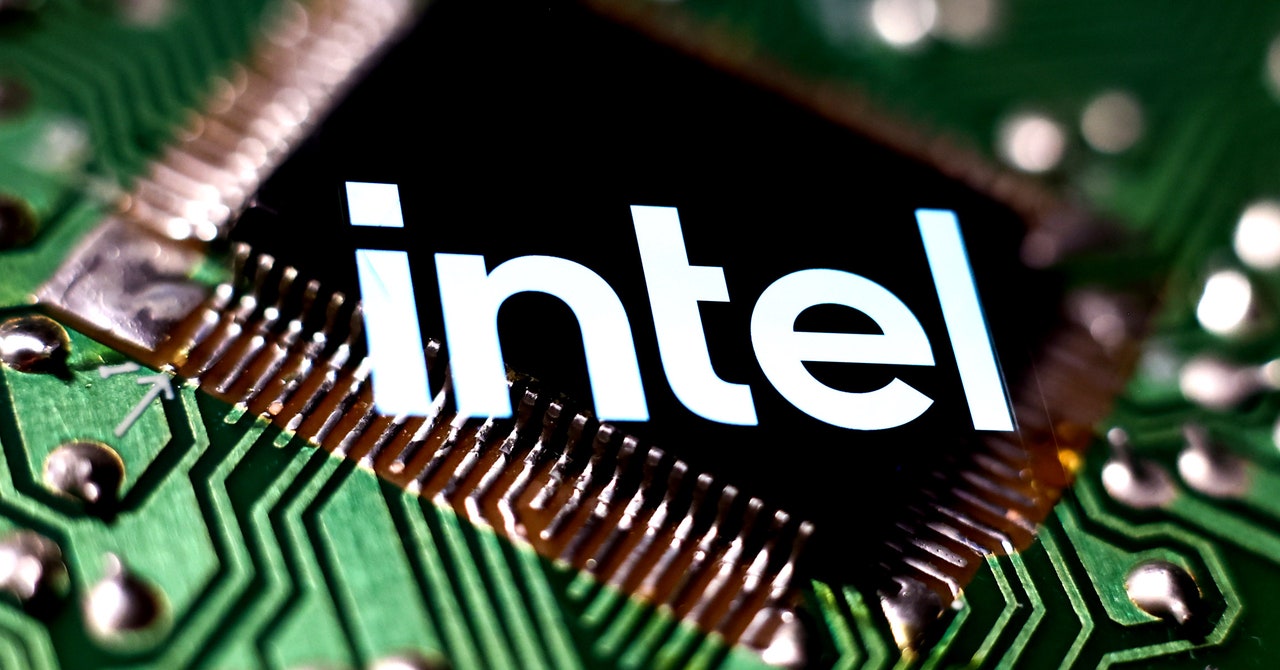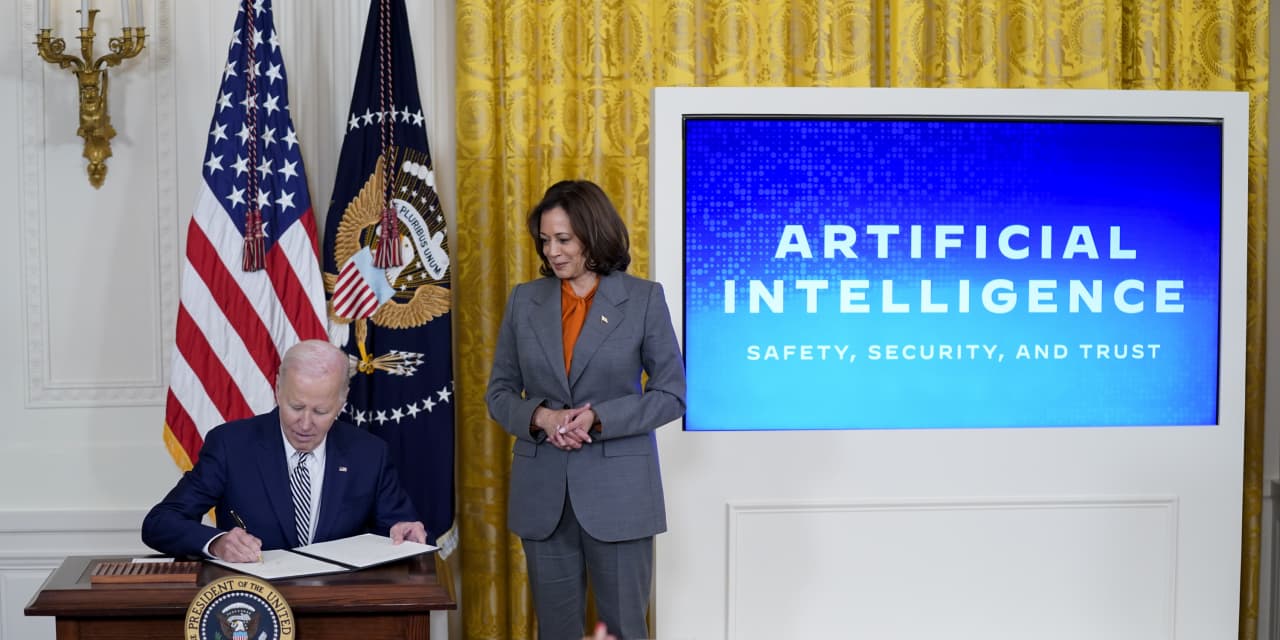Intel’s Resurgence and Implications for the US AI Leadership
In a strategic move set to shake up the tech industry, Intel, under the leadership of CEO Pat Gelsinger, has unveiled plans to reinvigorate its foundry business, a decision that not only impacts the chip giant itself but also holds significant consequences for the US government’s ambitions in artificial intelligence (AI). This resurgence signals Intel’s intent to reclaim its position in the competitive landscape, particularly against industry frontrunners like Taiwan’s TSMC.
The announcement, made in conjunction with Microsoft CEO Satya Nadella at an Intel event, revealed Microsoft’s commitment to leveraging Intel’s revamped foundry services for its future chip production. Nadella emphasized the importance of securing a dependable supply of cutting-edge semiconductors, expressing enthusiasm for the collaboration with Intel. Microsoft’s chips are slated to be manufactured using Intel’s innovative 18A process, slated for release later this year, positioning Intel to rival TSMC and Samsung in technological advancements.
Gelsinger highlighted the remarkable progress achieved in developing the 18A process, compressing a decade’s worth of advancements into a two-year timeframe. With aspirations to claim the second spot in the global foundry hierarchy by 2030, Intel aims to capitalize on the burgeoning field of generative AI to propel its resurgence. Gelsinger’s vision extends to dominating the AI chip market, a domain that has witnessed significant growth and innovation in recent years.
Intel’s strategic pivot underscores its determination to address past missteps, including overlooking the significance of mobile computing and ceding ground in manufacturing technologies. By embracing generative AI and fortifying its foundry capabilities, Intel seeks to position itself as a formidable player in the evolving tech landscape. The success of this endeavor not only holds implications for Intel’s future but also resonates with the broader aspirations of the US tech industry and government to lead in AI and semiconductor technologies.
The US government’s commitment to revitalizing the domestic chip industry, akin to the space race era, underscores the criticality of reducing reliance on foreign suppliers for essential technologies. Intel’s newfound focus on transparency, with plans to segregate the financials of its revamped foundry unit, reflects a strategic shift towards greater operational clarity and accountability.
As Intel charts its path to redemption under Gelsinger’s leadership, industry experts acknowledge the company’s improved positioning in the foundry market. The revamped strategy, coupled with a renewed emphasis on technological innovation and customer trust, signals a promising trajectory for Intel’s resurgence. With a unique value proposition encompassing advanced packaging solutions and secure supply chains, Intel aims to differentiate itself as a strategic alternative to industry stalwarts like TSMC.
Amid concerns over national security and geopolitical dynamics, Intel’s resurgence aligns with US efforts to bolster domestic chip manufacturing capabilities and safeguard critical supply chains. The US government’s substantial investment in the CHIPS Act underscores the strategic importance of semiconductor technologies, with Intel poised to play a pivotal role in this revitalization. Gelsinger’s call for continued government support underscores the imperative of sustained investments to uphold US leadership in the global tech arena.










